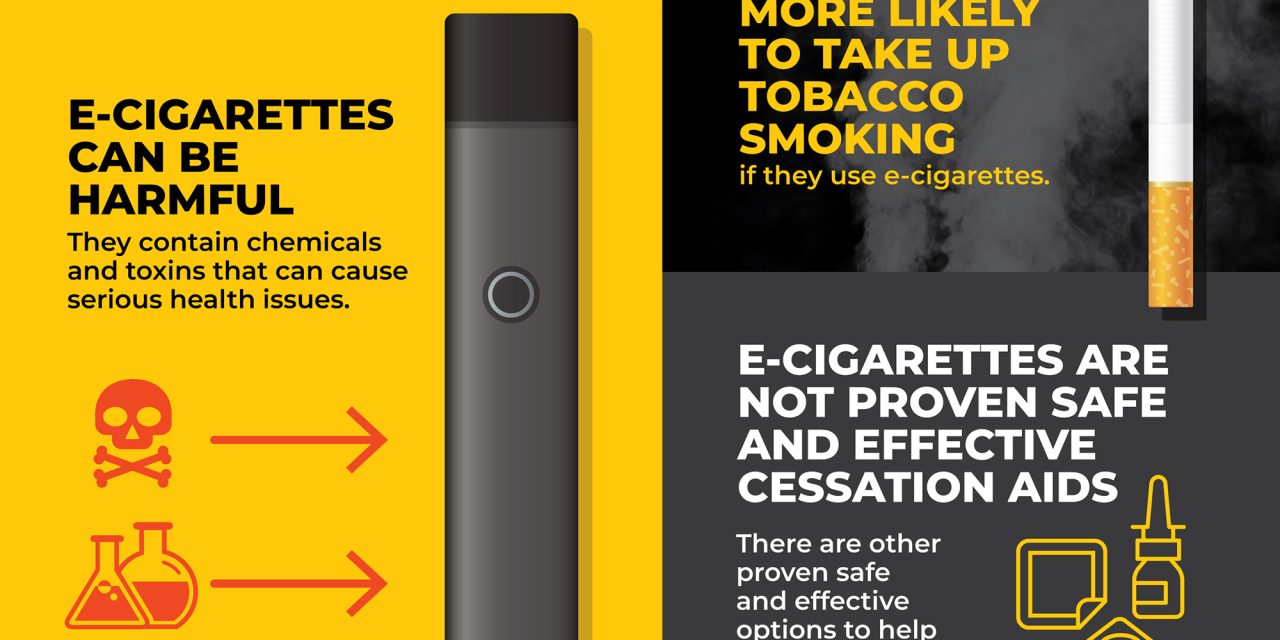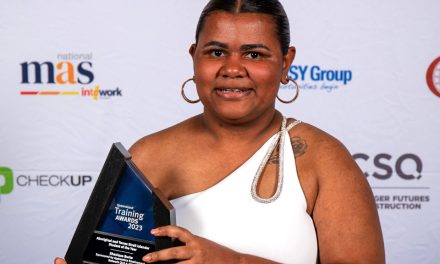The National Health and Medical Research Council (NHMRC) is investing $2.2 million for research focused on strategies to reduce the use and harms associated with vaping and the use of e-cigarettes in Australia.
E-cigarettes are filled with liquids including nicotine, artificial flavourings and various chemicals, some of which have been shown to be toxic.
While the long-term health effects are unclear, vaping is still a fairly new activity and some diseases, such as cancer, can take many years to develop.
More than 26% of Australians aged between 18 to 24 have used e-cigarettes—the highest usage rate across all age groups, according to recent studies.
Dr Emily Stockings from the University of Sydney will receive nearly $1.6 million in funding to develop a program to directly reduce the use and harms associated with e-cigarettes. Dr Stockings and her team have created a program, called the VAPE program, which proposes three streams of research:
- Trends: detailed monitoring of e-cigarette use and engaging young people to develop preventive resources for use in schools and community settings
- Resource development: a new evidence-based suite of prevention resources.
- Implementation: translating resources into real-life practice in existing health and education services.
There are also concerns pro-vaping messaging on social media blatantly targets younger audiences through influencer advertisements, trendy flavours, and the use of familiar cartoons on company logos.
Research has shown that young people who view social media content featuring e-cigarettes are more likely to vape and to view e-cigarettes in a positive light.
Postdoctoral Research Fellow, Dr Carmen Lim from the University of Queensland will receive nearly $660,000 to develop a program to understand how pro-vaping campaigns on social media influence young people’s attitudes towards the use of e-cigarettes.
This funding is part of the $379 million awarded through the NHMRC Investigator Grant scheme. The Investigator Grant scheme is NHMRC’s largest funding scheme and a major investment in Australia’s health and medical research workforce, providing a five-year fellowship and research support for outstanding researchers at all career stages.











